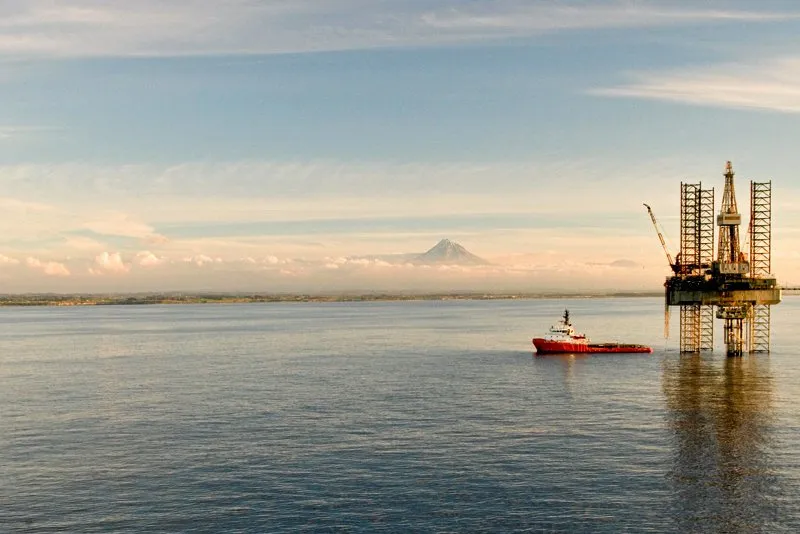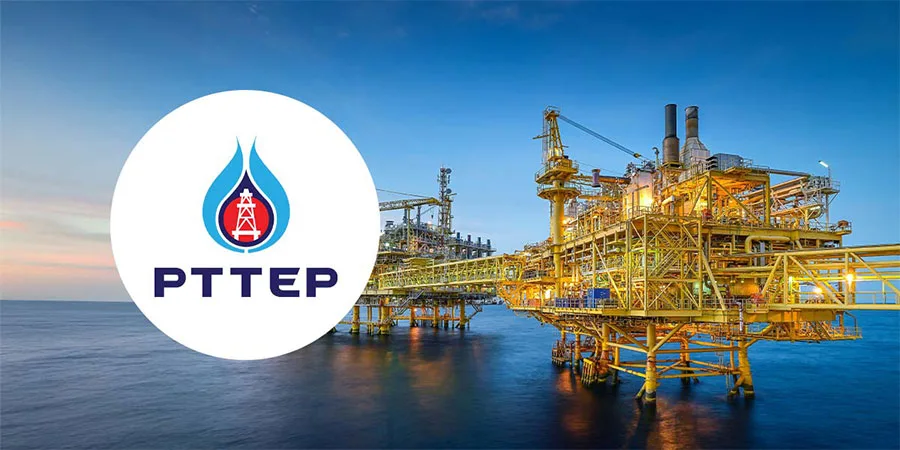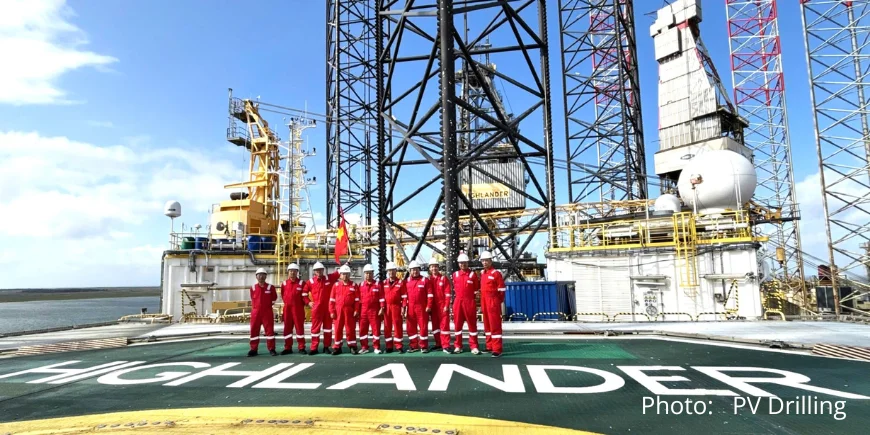Government reverses the 2018 ban on offshore oil and gas exploration permits
New Zealand has reopened for offshore petroleum exploration with the government undoing the ban implemented by the previous administration in 2018.
Resources Minister Shane Jones said operators will be able to apply for new petroleum exploration permits as early as September.
“This government is pragmatic about the vital role natural gas will play in our energy mix in the decades ahead and we have set a course for greater energy security backed by our own indigenous reserves,” said Jones.
“The ill-fated exploration ban in 2018 has exacerbated shortages in our domestic gas supply by obliterating new investment in the exploration and development needed to meet our future gas needs. Reserves are also falling faster than anticipated.
“New Zealanders are bearing the brunt of this constrained gas supply, and energy security concerns are impacting investor sentiment,” he added.
The previous government banned the issue of new exploration permits which led to the collapse of the already-limited exploration sector.
In parallel, gas reserves have plummeted and the country has resorted to importing coal to replace gas for some domestic electricity production.
E&P players in NZ
Investment in E&P in the country is led by OMV and Beach Energy, the two main operators of producing fields. OMV controls the Maui, Maari and Pohokura fields, while Beach Energy operates the Kupe field.
Other offshore participants include Cue Energy, Horizon Oil, Genesis Energy, Echelon (New Zealand Oil & Gas) and Todd Energy.
The oil and gas industry association Energy Resources Aotearoa welcomed the move, saying it was a big step in the right direction.
But the association warned that “more will be needed to achieve the government’s objectives of restoring investor confidence and revitalising the sector”.
“This new Act is an important part of the puzzle, but to attract the kind of long-term investment New Zealand needs, there must be durable, predictable policy settings that survive beyond election cycles.”
The association said energy policy should not be treated as a political football.
“The stakes are too high, and it’s ordinary Kiwis who end up paying the price when supply is unnecessarily constrained or uncertain,” it said.
“From our platform to LinkedIn’s energy professionals – your announcements reach the entire sector’s network, not just our readers.”










